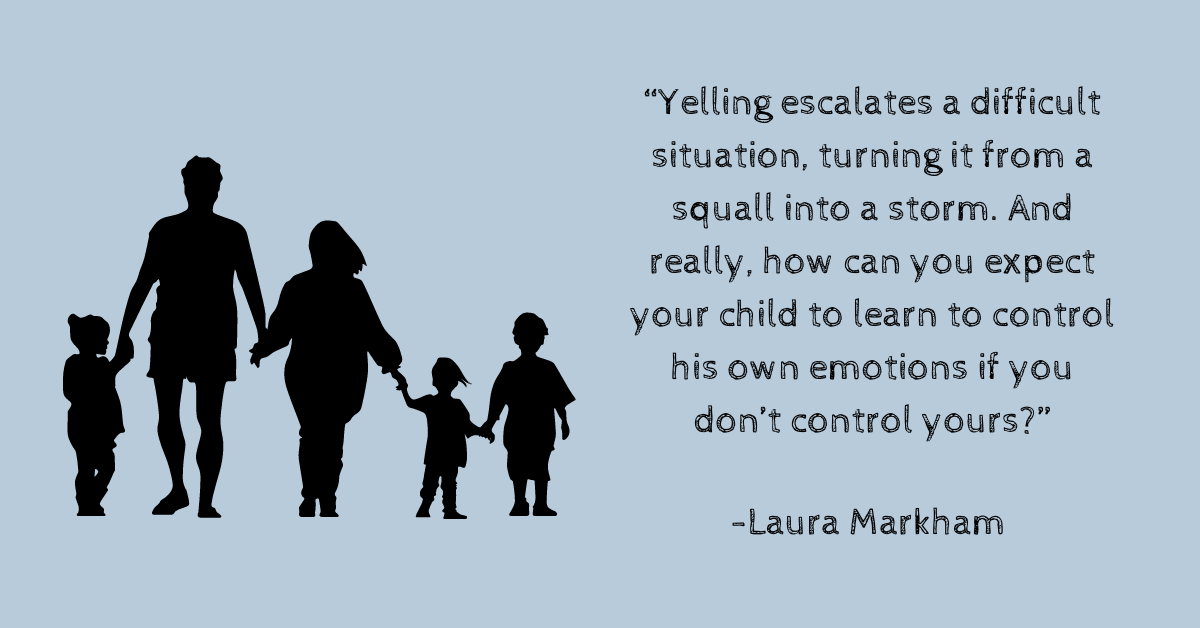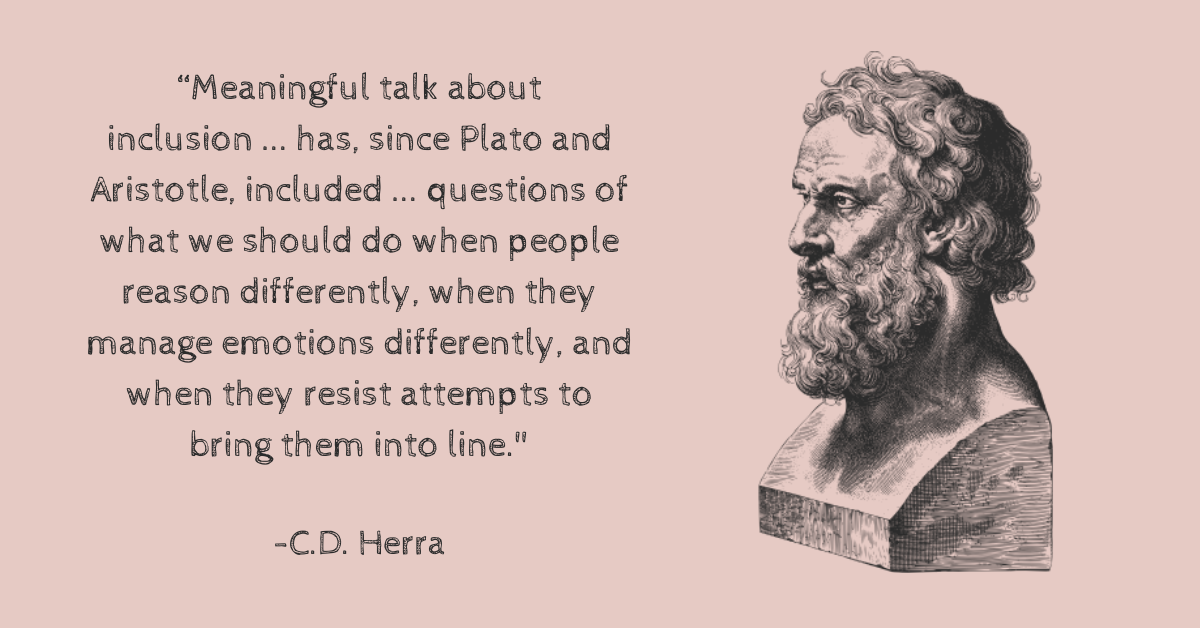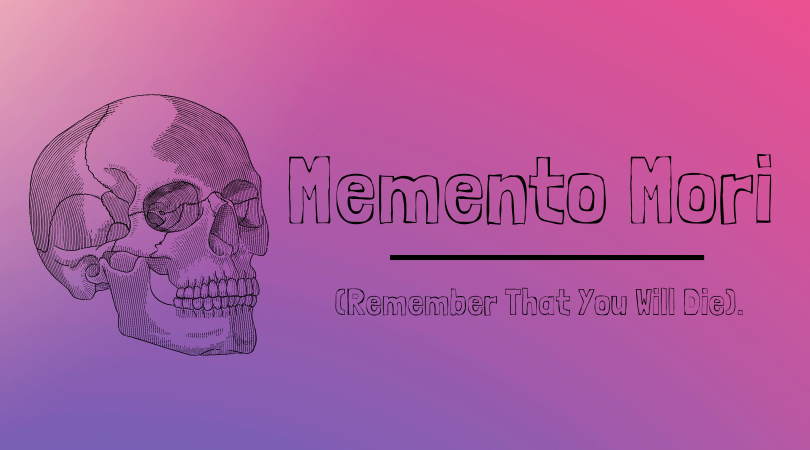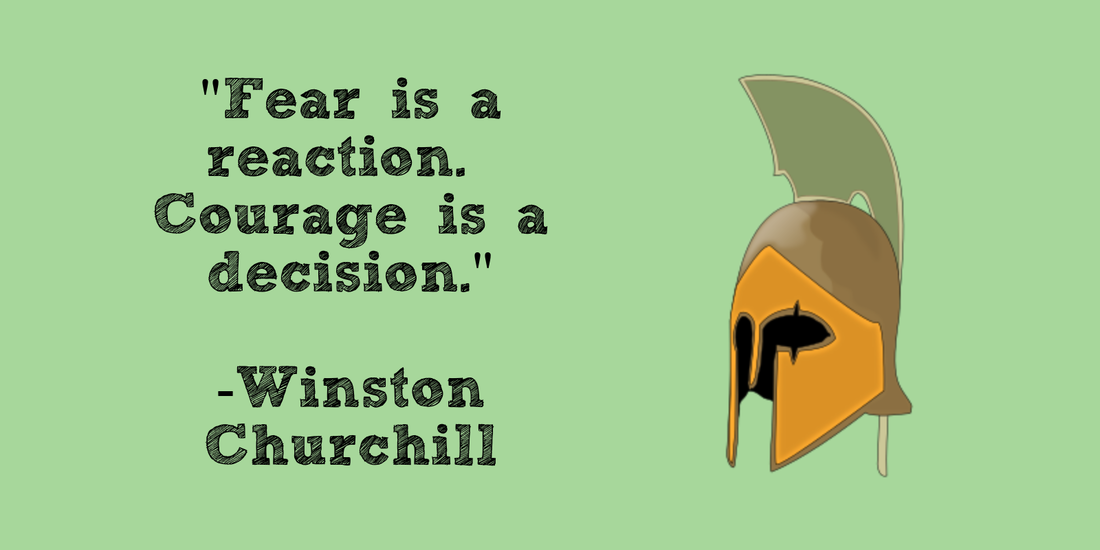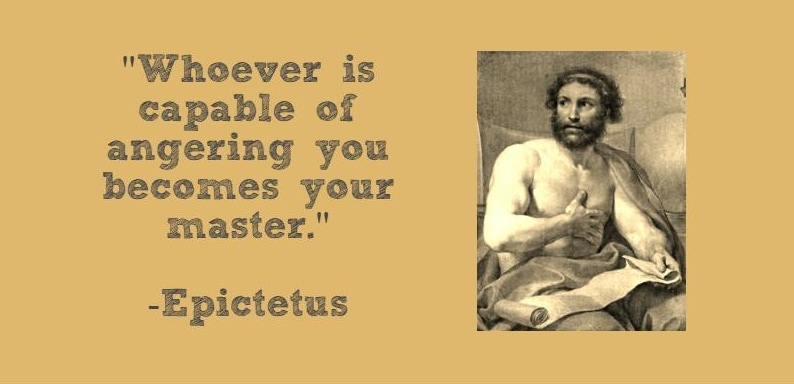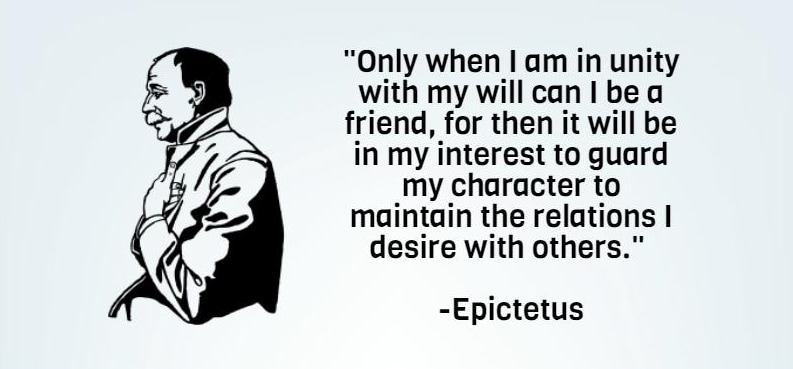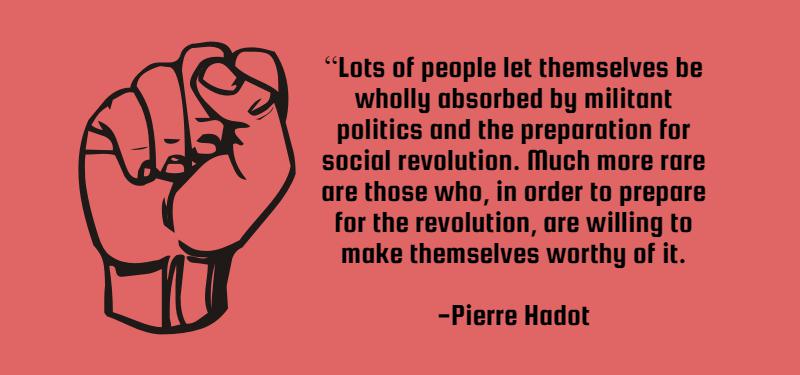The Peaceful Parent, Happy Kids course teaches parents to coach and connect with their children while better regulating their own (parental) emotions. Both course and book provide many strategies on how to have a more positive, cooperative relationship with your children. The course offers detailed strategies and information, plus weekly audio lectures, daily meditations to help rewire your brain, and homework. Interestingly, this parenting philosophy is very compatible with Stoicism, which also seeks better emotional regulation.
In this post, I've written a full review of the course including key concepts, who will benefit from it, plus benefits and drawbacks of this parenting approach. If you're interested, but not enough to commit to a 12 week course, the key concepts are all addressed in Dr. Laura's book, Peaceful Parent, Happy Kids: How to Stop Yelling and Start Connecting available on Amazon.*

